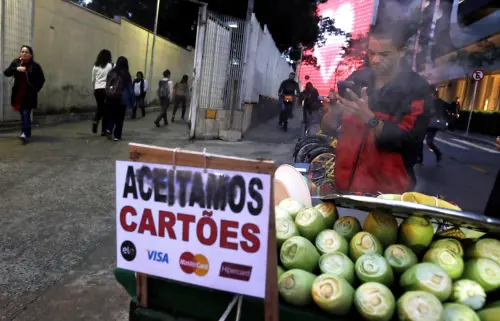Brazil is facing inflationary pressure from rising corn prices, which could overshadow a significant drop in rice prices as President Luiz Inacio Lula da Silva's administration grapples with mounting public discontent over high food inflation.
Corn prices in the Campinas region have surged past 90 reais ($15.80) per 60-kg bag, reaching their highest nominal level in nearly three years, marking a year-to-date increase of over 23%, according to the Cepea index from the University of Sao Paulo.
In contrast, paddy rice prices in Rio Grande do Sul have fallen below 80 reais per 50-kg bag for the first time since October 2022. This decline in rice prices is attributed to an anticipated 15% rise in Brazilian production, largely driven by a recovery in Rio Grande do Sul's harvest and improved global supply.
Conversely, corn prices have risen due to low starting stocks, strong demand from the ethanol and meat industries, and the development of Brazil's second corn crop amid weather uncertainties.
Consultancy Datagro indicated that corn poses a major risk for food inflation, as it is a key input for poultry, pork, and cattle feed, impacting both meat and dairy production.
Datagro forecasts that inflation could surpass the official target of 3%, exceeding the upper tolerance band of 4.5%, as rising food prices contribute to Lula's declining approval ratings. The consultancy estimates that the increase in corn prices could push food inflation up by 1.07 percentage points over six months, with a broader impact on consumer prices of up to 0.47 percentage points.
While a further drop in rice prices, the fifth most significant food item in Brazil's inflation index, could help alleviate inflationary pressures, rice has already decreased by 3.99% over the past year. Meanwhile, prices for poultry, beef, and pork—which are all influenced by corn costs—have risen by 10.95%, 21.47%, and 20.22%, respectively.
